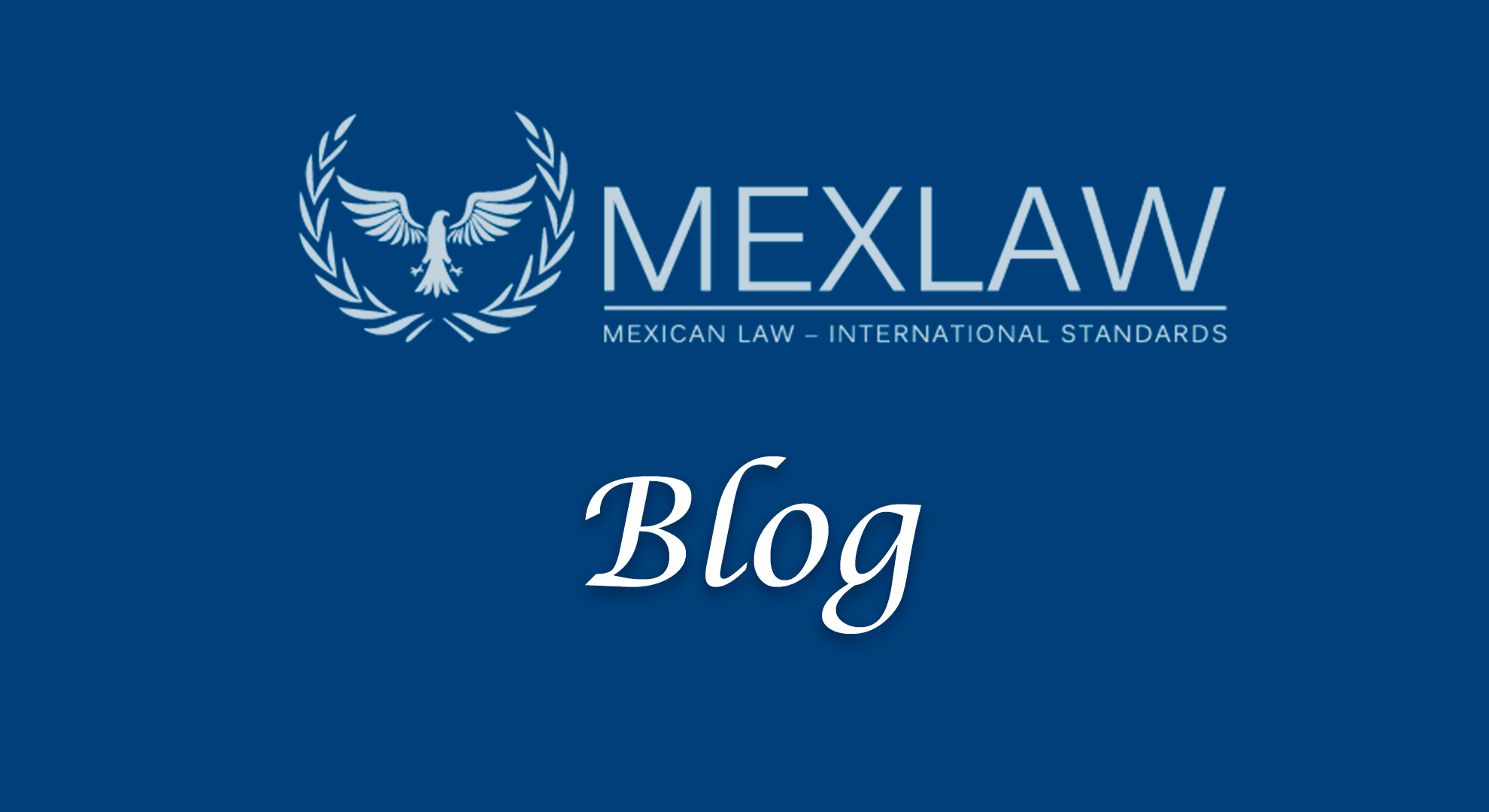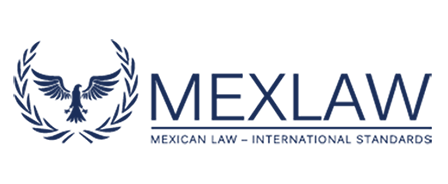Quick Facts About Assemblies for Condominium Owners in Mexico

Foreigners who are thinking about investing in Mexico, whether as a 2nd home or a permanent relocation, typically have a condo near the beach in mind. Downsizing and enjoying a more affordable lifestyle go hand in hand with living in Mexico.
Living in a condominium has many advantages such as easy upkeep, security, amenities, swimming pools and fitness centers, investment, an opportunity for rental income, and also a social aspect which comes with living in a condo complex.
Condominium ownership is best described as real estate of any shape or size available for individual ownership with undividable common areas for the use of all owners or renters.
Along with the advantages and rights, there are obligations and regulations.
Before you purchase a condo review the minutes from past the meetings, the bylaws and speak to other occupants in the complex. Do some research to determine how the condominium is managed and which rules and regulations are in place. The minutes are also a good indicator of any problems or future expenses within the development.
A few facts about the Assemblies:
Who is the Administrator?
The administrator is designated by the Assembly of condominium owners and legally represents the condo owners. The administrator has many responsibilities a few of which include, keeping the book of minutes from meetings, all acts of administration with regards to the operation and maintenance of the condominium complex. The are responsible for presenting financial reports to the assembly, implementing resolutions, collecting the condo fees, registering the Constitutive Deed of the regime or any amendments with the Public Registry of Property. As well convene General Assemblies and initiate legal proceedings against owners who break the law or default on dues. The administrator must comply with the obligations of the Condo Bylaws and the State Condominium Property Act. They need to understand and abide by the tax laws, labor laws and amongst others, environmental laws.
General Meetings for the Condominium
Ordinary Assemblies which are typically held every six months, or at least once a year and address the operations of the complex.
- Extraordinary Assemblies are called for urgent matters which arise, for example, arguments within the complex, financial issues, damage to the complex or new work required, and any change in the charter or condominium bylaws. During the Extraordinary Assemblies, they will deal with the removal or change in the administration, and add or remove homeowners from the association.
- The administration should have a copy of the Condominium law in English and Spanish available.
- If the assembly votes to amend the Articles of Incorporation of the Condominium and/or the regulation itself, the act must be formalized before a notary public and registered in the Public Registry of Property.
- All owners or their representatives may attend the Assembly; They may also be accompanied by lawyers, accountants or interpreters, but only one use of their voice in the Assembly. Contact your administrator to register the guest.
- The minutes of an Extraordinary Assembly must be notarized and registered in the Public Registry of Commerce; otherwise, they will not be legally valid.
- Financial reports should be sent to the owners regularly and must be available in the administrative office if an owner wants to review them.
Voting at the Assemblies
As a homeowner in the condominium you have the right to vote on issues which will affect your home, pocketbook and your lifestyle, but being in default can cause you to lose your say.
- Voting rights will be suspended if an owner defaults on fees or incurs debt to the complex, they may attend but not vote until their debt is clear. However, defaulters may vote if the intent is to amend or terminate the condominium regime, change bylaws or affect the domain of the building.
- Owners are considered in default if they have neglected to pay three months of ordinary condo fees or one extraordinary fee. Delinquent owners will be charged interest on the overdue balance.
- Owners who fail to comply with the obligations imposed upon them by the Condominium Act, the Regulations of the Condominium may be penalized; the penalty varies from 20 days worth of minimum wage to 150 days of minimum wage depending on the infringement.
- If you are a long distance owner or unable to attend the assembly, you may provide Power or Attorney to another to attend and vote on your behalf.
Many condo associations hire professional administrators as well as legal counsel to operate the condominium and protect their investment. For more information contact contact@mexlaw.ca


